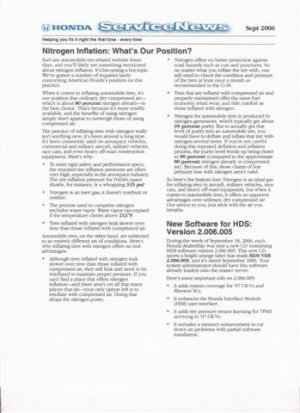- Joined
- 7 September 2006
- Messages
- 110
I'd like to know if anyone out there has put in nitrogen instead of regular compressed air? I heard there's a big difference in the ride feel? I'm shopping for rear tires as well. I'd like to know if anyone has tried Kumho AST or Ectas, Hankook Ventus HR11, Cooper Zeons, or BFG G-force? I'd like to have a quieter ride so I can hear more of the engine and I'd like to get better dry and wet traction overall. I do alot of canyon runs. I'd like to know a good set-up for suspension without breaking the bank- Like K sport or Koni, bilsteins. Any comment would be apreciated.
Thanks,
Gar123
Thanks,
Gar123







